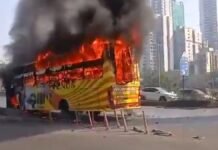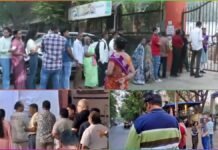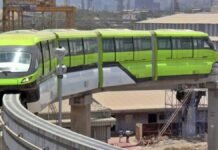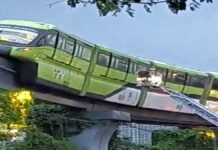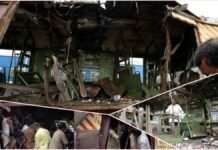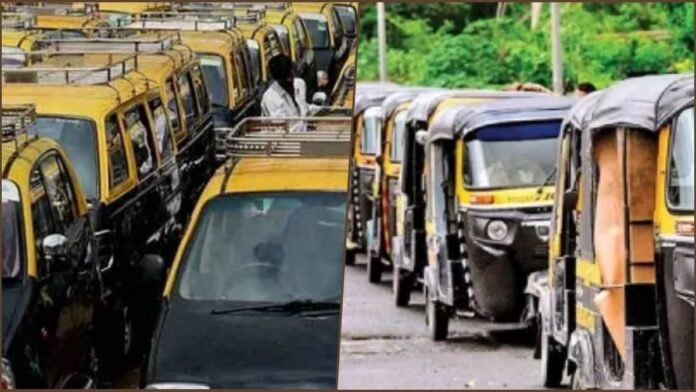
Key Points:
- Fare Hike Announcement: Auto rickshaw fares will rise from ₹23 to ₹26, while black-and-yellow taxi fares will increase from ₹28 to ₹31 for the first 1.5 km.
- AC Cool Cab Fares: The blue-and-silver AC cool cabs will now charge ₹48, up from ₹40 for the same distance.
- Recalibration Required: New fares will only apply once meters are recalibrated.
- Improved Connectivity: MMRTA plans to establish new auto stands near Metro 3 stations and along key suburban routes.
- Competition with AC Buses: The fare hike comes amid competition from affordable AC buses operated by BEST and Navi Mumbai Municipal Transport.
Mumbai: Mumbai commuters will soon have to shell out more for auto rickshaw and taxi rides as the Mumbai Metropolitan Region Transport Authority (MMRTA) has approved a ₹3 hike in the base fare starting February 1, 2025. This decision comes after a similar fare adjustment in October 2022.
Revised Fare Structure
With the fare hike, passengers using auto rickshaws will pay ₹26 instead of the current ₹23 for the first 1.5 km. Black-and-yellow taxi fares will increase to ₹31 from ₹28 for the same distance. For those opting for blue-and-silver AC cool cabs, the base fare will jump from ₹40 to ₹48.
The MMRTA clarified that the new rates can only be implemented after mandatory recalibration of fare meters. Passengers should expect a brief adjustment period as recalibration takes place across the city.
Reason Behind the Hike
The transport department attributed the fare hike to increased operational costs and stiff competition from other affordable public transport options like BEST and Navi Mumbai municipal transport. Notably, the minimum fare for AC buses starts as low as ₹6 in some areas, making them an attractive option for budget-conscious commuters.
Enhanced Last-Mile Connectivity
In addition to the fare revision, the MMRTA announced measures to improve last-mile connectivity for Metro 3 users. Seven new auto stands are planned outside five stations on the Metro 3 line, which runs from Aarey to Bandra-Kurla Complex (BKC). These stands aim to streamline transportation for daily commuters using the newly operational metro.
To address congestion and enhance commuter convenience, over 30 regular and shared auto-taxi stands will be introduced along busy routes in Mumbai’s eastern and western suburbs, as well as in Thane, Kalyan, and Vasai.
Passenger Concerns and Reactions
While the fare hike has drawn mixed reactions, many commuters expressed concerns about the increasing cost of living in Mumbai. For daily travelers, the added expense could strain budgets, particularly for long-distance rides or frequent use.
However, transport officials maintain that the adjustment is necessary to ensure the sustainability of auto and taxi services amid rising fuel and maintenance costs.
Future Prospects
The MMRTA’s efforts to enhance connectivity and establish new auto-taxi stands are expected to improve commuter experiences, even as fares increase. With Mumbai’s public transportation network expanding, including metro extensions and upgraded bus services, commuters will have more options to choose from, potentially offsetting the impact of the fare hike.
As the fare hike takes effect, passengers should prepare for slightly higher commuting costs. However, the MMRTA’s focus on improving infrastructure and connectivity may offer long-term benefits, making public transport more accessible and efficient for Mumbai’s bustling population.



































